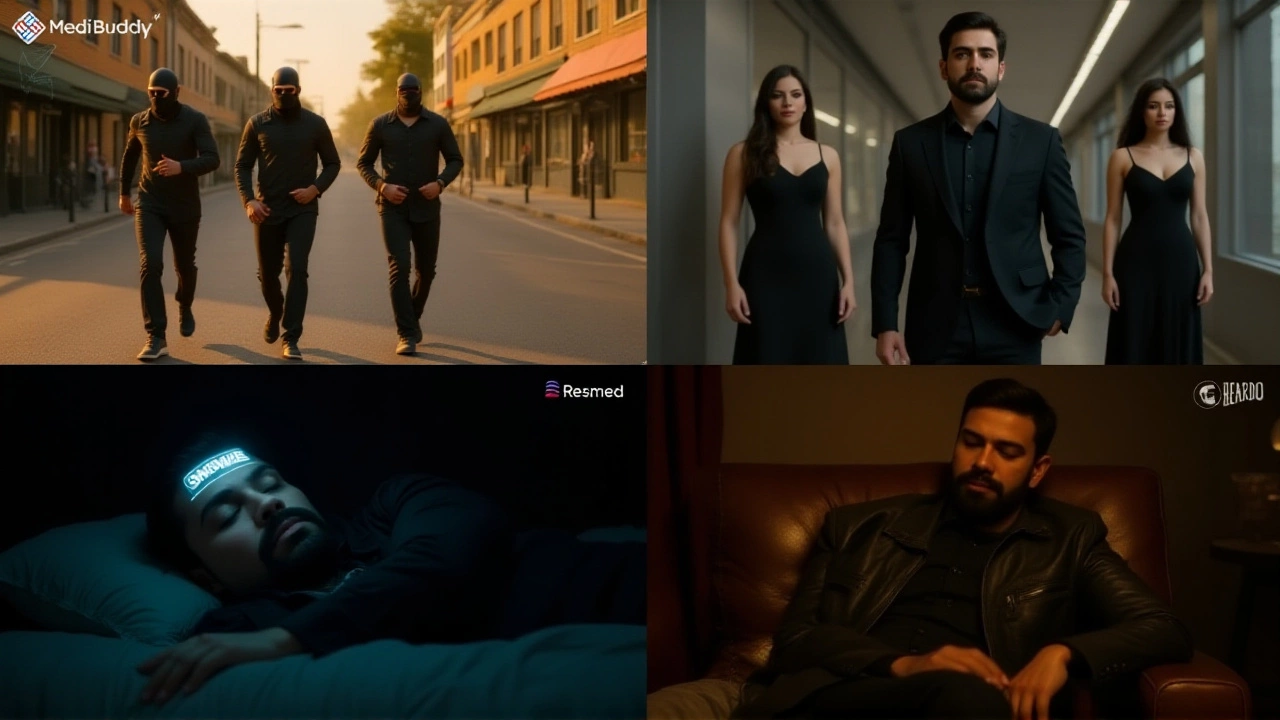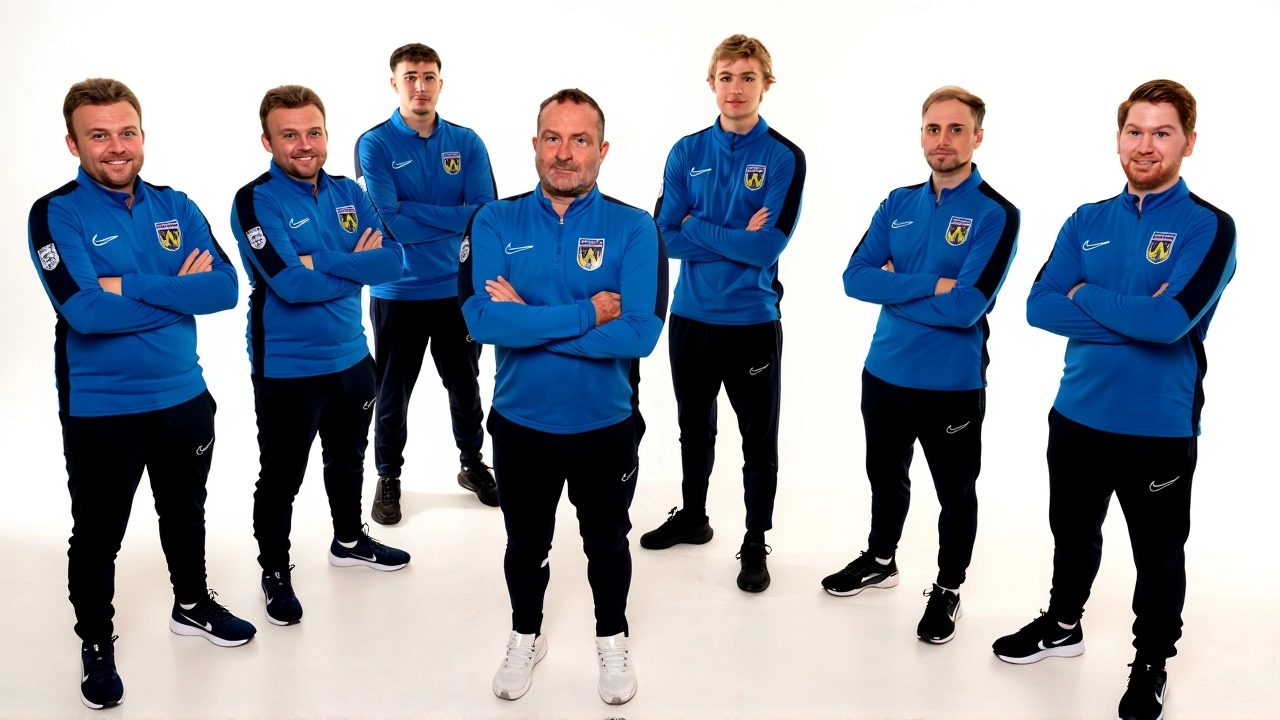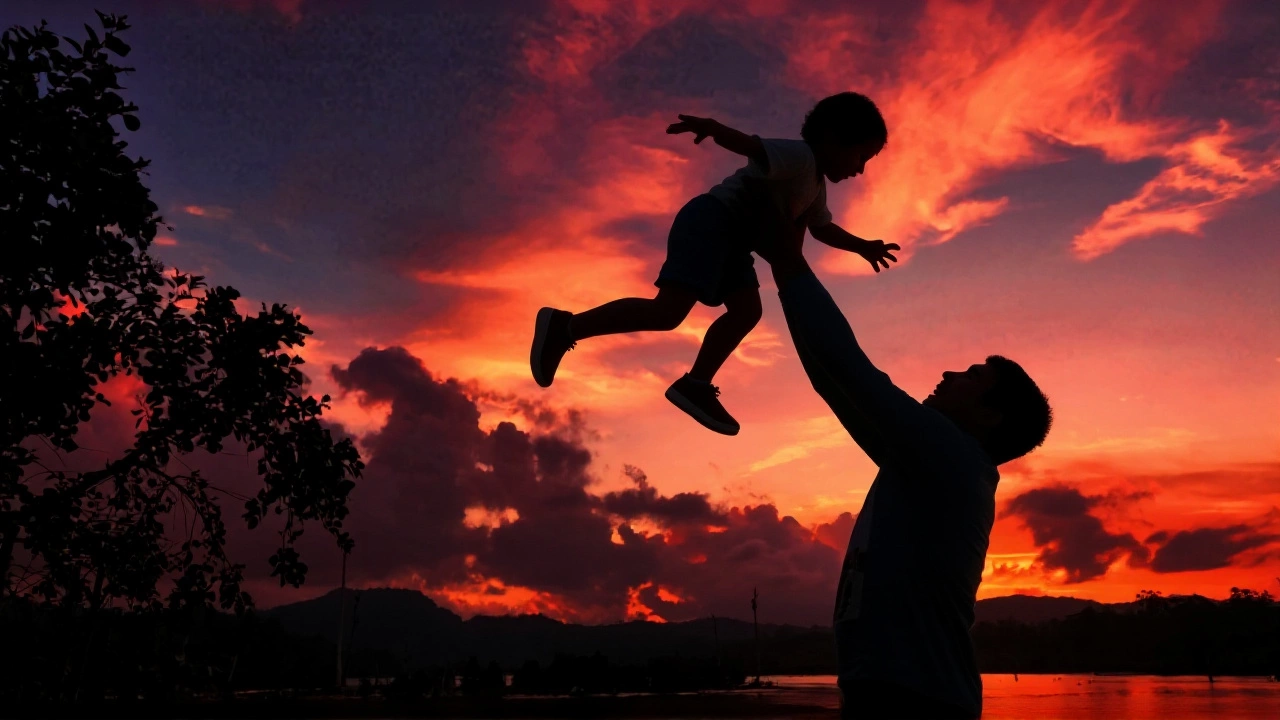
On International Men's Day Sydney, the world will pause on Wednesday, November 19, 2025, not to protest or politicize, but to listen. A nine-hour global webcast, streaming from 3:00 PM AEDT to midnight, will carry voices from six continents—fathers, teachers, therapists, athletes, and survivors—talking not about dominance, but about dignity. The theme, 'Celebrating Men and Boys', isn’t just a slogan. It’s a quiet rebellion against the silence that’s too often mistaken for strength.
A Day Born From Silence
The roots of this observance stretch back to the 1960s, when early advocates began asking why men’s struggles were ignored in public discourse. But it was Dr. Jerome Teelucksingh, a Trinidadian historian and educator, who turned whispers into a global movement in 1999. He chose November 19 deliberately—not because it was convenient, but because it sat between two powerful ideas: Movember, the month-long campaign for men’s health, and International Children's Day on November 20. The gap? Forty-eight hours to honor the bond between men and boys. That’s the heartbeat of this day.Why Mental Health Isn’t Just a Statistic
Behind every headline about rising suicide rates among men lies a quiet man who stopped calling his friends. Who stopped saying, “I’m fine.” A psychologist cited in NDTV’s 2023 report put it plainly: society has confused stoicism with strength. The 2025 theme flips that script. It’s not about being tough. It’s about being real. Emotional strength isn’t holding back tears—it’s asking for help. Resilience isn’t grinding through pain alone—it’s letting someone hold you while you break. Sensitivity isn’t weakness—it’s the foundation of connection. The numbers don’t lie, even if they’re rarely shouted. In the U.S., men account for nearly 80% of suicides. In the UK, life expectancy for men lags behind women by nearly five years. In Australia, where the webcast originates, men over 45 are the fastest-growing group seeking mental health support. Yet stigma still whispers in locker rooms, boardrooms, and barbershops: “Real men don’t talk.” This year, the webcast aims to drown that whisper with stories.
The Global Stage: Voices From Every Corner
The event isn’t hosted by celebrities. It’s hosted by people who’ve been there. A former rugby player from Cape Town who found therapy after losing his brother to suicide. A school counselor in Manila who started a boys’ circle in his classroom after three students dropped out in one term. A father in Nairobi who rebuilt his relationship with his son after years of silence. These aren’t polished TED Talks. They’re raw, unedited, sometimes messy conversations—recorded in living rooms, community centers, and clinics. International Men's Day insists this isn’t about competing with International Women's Day . It’s about filling a gap. Women’s Day celebrates progress. Men’s Day asks: What’s being lost in the process? The movement’s official stance is clear: “We don’t want to replace one narrative with another. We want to add one that’s been missing.”November: The Month That Cares
This isn’t an isolated event. November is becoming a quiet revolution. Movember turns mustaches into donations for prostate cancer and mental health programs. Men's Equality Month pushes for equal parental leave, better access to healthcare, and school programs that teach boys emotional literacy. And now, International Men's Day anchors it all. It’s not about politics. It’s about presence. About showing up—for your son, your brother, your colleague, your father.
What Happens After the Webcast Ends?
The real work doesn’t begin on November 19. It begins the next day. When a man walks into his doctor’s office and says, “I haven’t slept in weeks.” When a teacher notices a boy withdrawing and asks, “You okay?”—and means it. When a father hugs his son without waiting for an excuse. Registration for the webcast is open through the International Men's Day website. But participation doesn’t require a login. It requires a conversation. Text your dad. Call your uncle. Sit with a friend who’s been quiet lately. Ask: “What’s been heavy for you lately?” Don’t wait for a holiday. Don’t wait for a campaign. Start now.Frequently Asked Questions
Why is International Men's Day on November 19?
The date was chosen by Dr. Jerome Teelucksingh to create a 48-hour window of focus between Movember and International Children's Day on November 20. This timing intentionally highlights the relationship between men and boys, emphasizing mentorship, emotional connection, and shared well-being. It’s not arbitrary—it’s symbolic.
How is this different from International Women's Day?
International Men's Day doesn’t compete with International Women's Day—it complements it. While Women's Day often focuses on historical and systemic gender inequality, Men's Day addresses under-discussed issues like male suicide, fatherhood isolation, and societal pressure to suppress emotion. Both aim for equity, just through different lenses.
Who can participate in the global webcast?
Anyone. The webcast is free and open to the public. Participants include mental health professionals, educators, athletes, fathers, and men who’ve overcome adversity. You don’t need to be a speaker to join—just tune in. The goal is to normalize listening, not just speaking.
What impact has International Men's Day had so far?
Since 1999, over 80 countries now officially recognize the day. Schools in Canada and Australia have integrated it into social-emotional learning curricula. In the UK, mental health charities report a 37% increase in men seeking help during November since 2020. It’s not a revolution—it’s a slow, steady thawing of silence.
Is this only for men?
Absolutely not. The day is for everyone who cares about men and boys—mothers, partners, teachers, friends. Real change happens when women and non-binary people actively support men in being vulnerable. It’s not about gender rivalry. It’s about collective humanity.
What should I do if someone I know is struggling?
Don’t wait for them to ask. Say, “I’ve noticed you’ve been quiet lately. I’m here—if you want to talk, or just sit in silence.” Avoid advice. Offer presence. Studies show men are far more likely to open up when they feel safe, not solved. A simple, “I care,” can be the first step out of darkness.
Leave a comments